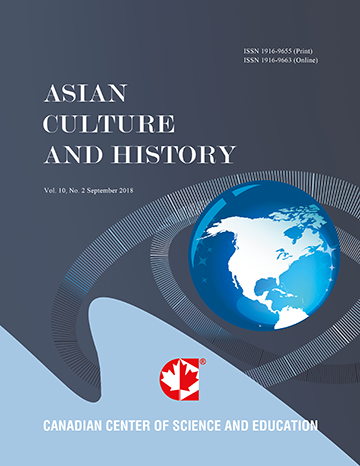Young Children’s Folk Knowledge of Robots
- Nobuko Katayama
- Jun’ichi Katayama
- Michiteru Kitazaki
- Shoji Itakura
Abstract
Children, in their everyday lives, encounter several types of humanoid robots. The purpose of this study was to investigate children’s folk knowledge of robots using the card-choice task. In the task, both adults and five- and six-year-old children were given nine questions concerning the biological and psychological properties of robots. They were asked to choose the appropriate stimuli from among five objects including living things, nonliving things, and a robot. The results revealed that the children tended to attribute certain biological properties to the robot. These results accorded with previous results. However, in our study, contrary to previous such studies, even older children showed such a tendency. Moreover, the children were unable to choose all the cards in the same way as the adults. Thus, it can be concluded that children’s knowledge of robots is incomplete. And the children’s knowledge is changed by method.- Full Text:
 PDF
PDF
- DOI:10.5539/ach.v2n2p111
Journal Metrics
Google-based Impact Factor (2017): 5.42
h-index (January 2018): 11
i10-index (January 2018): 21
h5-index (January 2018): 6
h5-median (January 2018): 9
Index
- Academic Journals Database
- CNKI Scholar
- COPAC
- EconPapers
- Elektronische Zeitschriftenbibliothek (EZB)
- Excellence in Research for Australia (ERA)
- Genamics JournalSeek
- Google Scholar
- Infotrieve
- LOCKSS
- MIAR
- NewJour
- Open J-Gate
- PKP Open Archives Harvester
- Publons
- RePEc
- Scilit
- SHERPA/RoMEO
- Standard Periodical Directory
- Technische Informationsbibliothek (TIB)
- The Keepers Registry
- Universe Digital Library
- WorldCat
Contact
- Ivan YongEditorial Assistant
- ach@ccsenet.org
